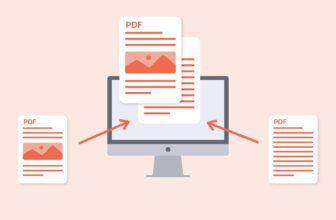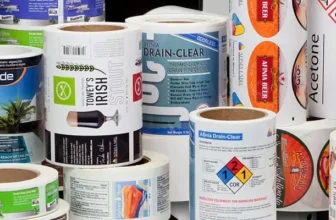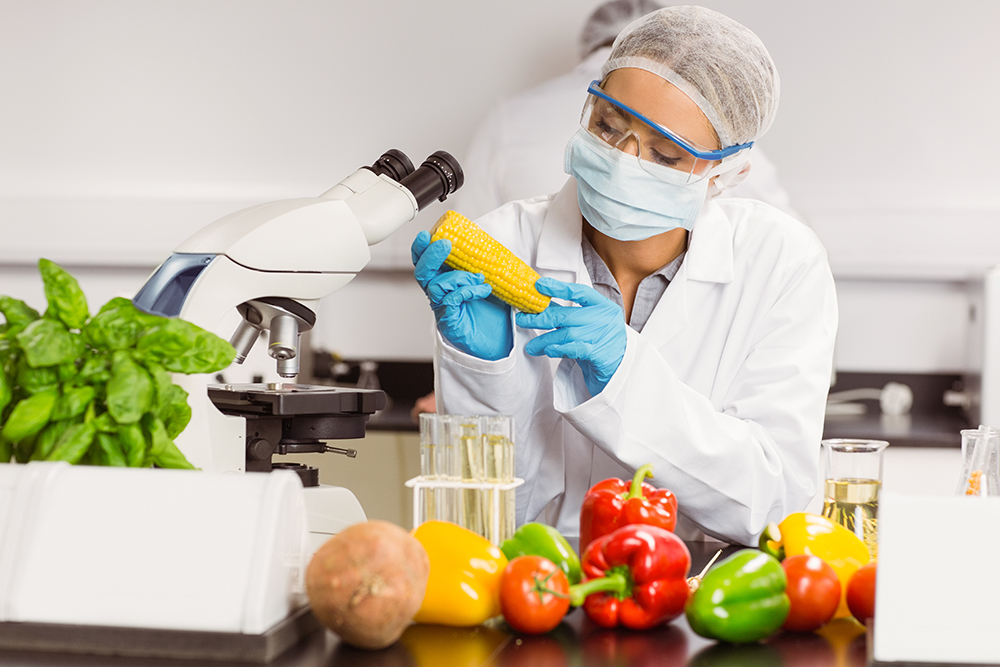
In the food industry, ensuring and maintaining the quality and safety of food has now become more critical than ever. Your food business is not legally approved unless you can provide the plan and evidence to ensure the safety of your products.
One easy and effective way to monitor the safety and quality of food is to implement a HACCP, or Hazard Analysis and Critical Control Point plan. Various online startups help you devise a HACCP plan according to the particular needs of your food business. Sites such as FoodDocs have digital HACCP plan templates available online to give you an idea of what you might require. Click here to download templates.
Efficient software has been developed that aid in managing food safety. Food and beverage companies can now gather, monitor, and store data regarding the quality and safety of their products through this software.
This allows companies to go paperless. Furthermore, it has also been proven to enhance performance and add to the company’s bottom line.
There are several benefits of choosing a paperless system and implementing food safety through online software.
Table of Contents
Why Do You Need to Get Rid of Paper Intensive Procedures Right Now?

Source: foodinspector.org
Processes that require written paperwork can be a huge headache at times. They create a lot of hassle and take up a lot of time that could otherwise be saved and utilized elsewhere.
Besides time, paperwork also requires other resources such as a lot of manpower, space, and money.
The Paperless Project claims that every four-drawer filing cabinet occupies an area of a minimum of nine square feet. They cost $1500 per year on average to maintain.
It is almost impossible to maintain accuracy while managing systems based on paperwork. It is said that companies that operate on a mass scale lose a new document every 12 seconds. Problems that arise due to errors in filing documents cost companies $125 on average.
In the food industry, data must be monitored and tracked carefully. Any mistakes can threaten the safety and health of the consumers, the cost of which is impossible to quantify.
The average amount spent by US companies on printing paper is $120 billion per year. This does not even take into account the cost of ink used.
How Food Safety Management Softwares Can Help You Cut Down on Costs?

Source: moneycrashers.com
By using digital software to handle your food quality management systems you can get easy access to all your records in a single location. There are a lot of benefits to implementing this software.
First of all, you will be freeing up considerable space that was previously occupied by bundles of documents. In addition to this, you will also be saving a lot of time that is spent managing the paperwork.
In the case of using software, all your documents will be saved digitally so there will be no chance of losing any of the data.
By removing the costs that come with maintaining paperwork, companies can end up saving hundreds or even thousands of dollars each year.
Data is Easier to Access When Saved Digitally
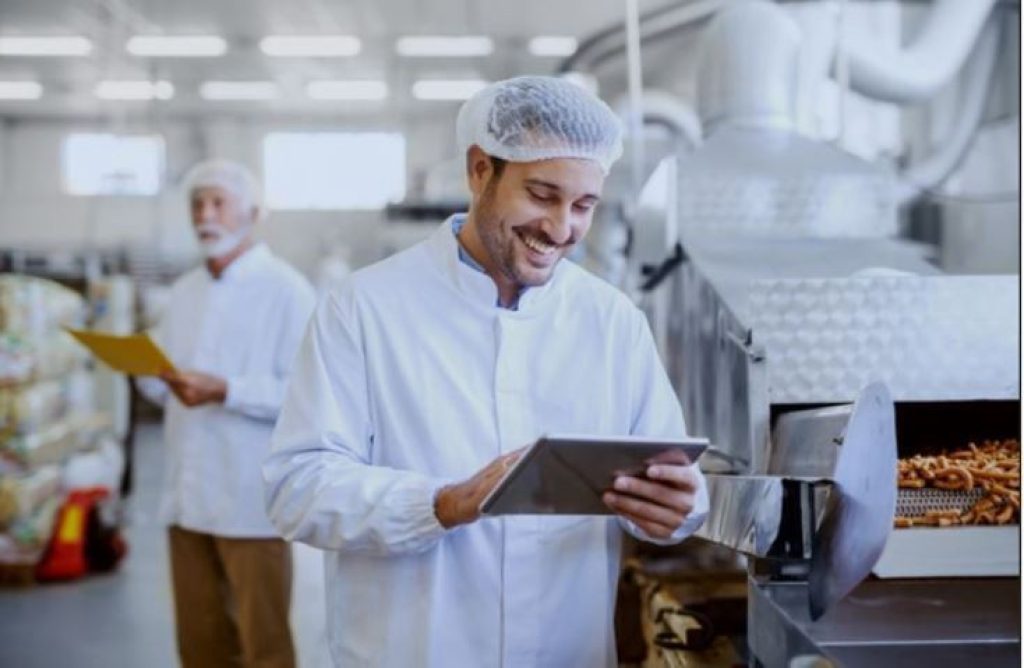
Source: medium.com
It is a legal requirement for food and beverage companies to comply with the Food Safety Modernization Act. This states that upon request a company must be able to provide at least two years’ worth of its food safety control records to the FDA.
This is done to ensure that the food safety procedures were maintained and monitored thoroughly. These records verify that the food company did comply with all the food safety laws.
The FDA accepts documents regardless of whether they are on paper or present digitally. It is only necessary that the records are organized and legible.
In a digital system, you can search for any information with just a click of a button. For instance, fingerprints are now easier to match and identify because of digitally maintained records. We no longer have to dig up tons of paperwork for documentation.
Similarly, when food safety records are maintained digitally they become significantly easier to access and manage. You can look up any data and get access to it within seconds.
Online and digital systems provide a much safer alternative to conventional paper-based recording. This leads to a more secure food supply.
Digital record-keeping is the future of food and beverage businesses. This provides a more efficient, accurate, and time-saving method of documenting food safety procedures. In case of an inspection by the FDA, these records can be provided easily without any hassle.
While using paper-based documentation over long periods, accessibility is limited. It is quite difficult to get access to years-old records buried under tons of paperwork. Digital records stored online prove to be enormously beneficial in regards to this issue.
Time to Make the Transition to the Digital Space
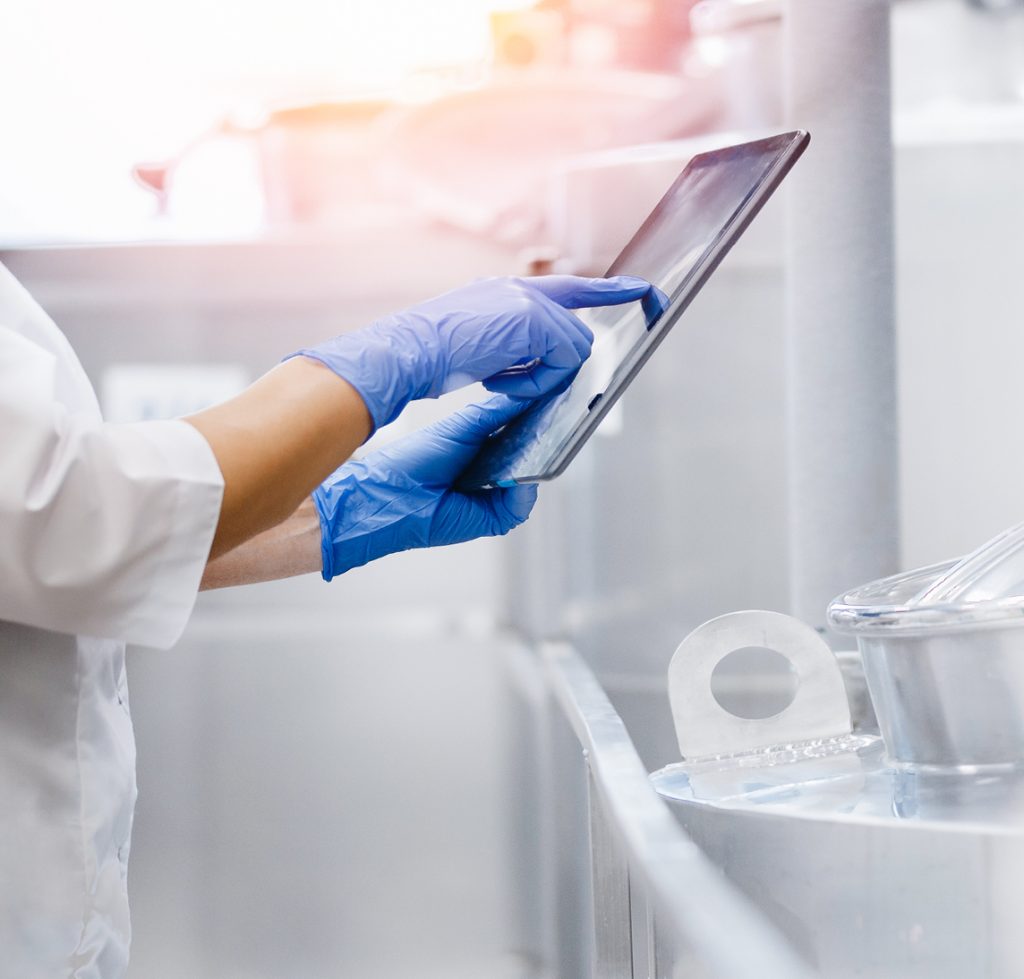
Source: foodsconnected.com
A lot of companies have recently transferred their records online, but this transition has been really slow. We still see a lot of companies hesitating to make this move.
This is mostly because of the uncertainty and fear of stepping into something new. It’s time for these businesses to step out of their comfort zones and start moving forward.
Most of these companies have been working through paperwork for decades, so that is all they are familiar with and feel comfortable with. Due to a lack of experience in the digital space, they hesitate to step into it.
They would rather just keep doing the things they have always been doing instead of making a radical change. It is understandable, most people want to stick to things they are most familiar with.
Making this transition is not as daunting as one might expect. There are a lot of platforms that help make this process easier and understandable.
You fill out the specifications of your business and they provide you with a detailed version of a food safety plan that would best suit you. You can use this plan for the legal backing of your business.
People did the transition from handwritten letters to online texts. We rarely communicate these days who still communicate through writing letters. Just like that, the transition of record-keeping from paperwork to digital space is on its way. Digital documentation is undoubtedly the future of Food Businesses.



